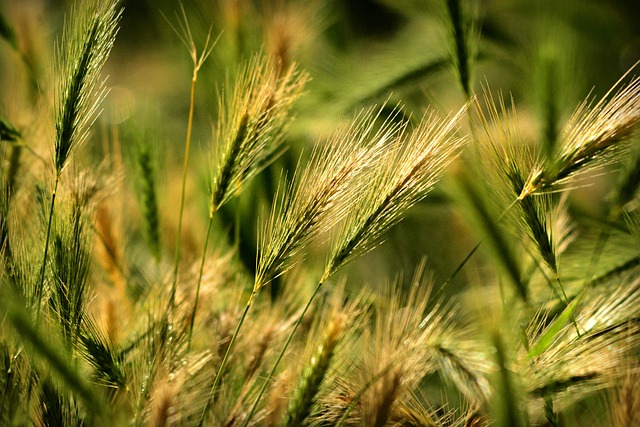As of the latest updates, THCA (Tetrahydrocannabinolic Acid), a non-psychoactive cannabinoid, is legally permissible in Georgia under the conditions set forth by the 2018 Farm Bill and state legislation, provided it contains less than 0.3% Delta-9 THC on a dry weight basis. Georgia residents interested in THCA for wellness can purchase from trusted sources that provide third-party lab test results to ensure legal compliance. THCA is gaining attention for its potential health benefits, which include anti-inflammatory and neuroprotective properties, without the psychoactive effects of Delta-9 THC. In Georgia, Senate Bill 326 and the Georgia House of Representatives have allowed for medical use of THCA with a doctor's recommendation, while the cultivation of THCA flowers is regulated within state-approved facilities. The state has also approved hemp cultivation, including THCA, under strict guidelines overseen by the Georgia Department of Agriculture. For those interested in home growing, legal compliance requires obtaining a state-issued license or registration for THCA cultivation. Research on THCA's benefits is ongoing, with potential applications in managing chronic pain and neurodegenerative conditions. Users are advised to start with small doses, monitor their body's response, and stay informed about legislative changes affecting the use and cultivation of THCA in Georgia.
2023 has seen a surge of interest in cannabinoids, with THCA (Tetrahydrocannabinolic Acid) flower emerging as a topic of significant curiosity among Georgia residents. As this natural compound gains traction for its potential health benefits and unique effects, it’s crucial to understand the legal status, sourcing options, and usage within the state. This article delves into the multifaceted world of THCA flower, providing comprehensive insights from its legal standing in Georgia to cultivation tips, storage advice, and the entourage effect. Whether you’re a resident seeking knowledge or a newcomer curious about the cannabinoid landscape, this guide will equip you with the information needed to navigate Georgia’s THCA market responsibly and effectively. Join us as we explore the intricacies of THCA legal in Georgia, ensuring a safe and informed experience for all interested parties.
- Understanding THCA Flower: A Guide for Georgia Residents
- The Legal Landscape of THCA in Georgia
- Sourcing High-Quality THCA Flower Legally in Georgia
- Cultivating Your Own THCA Flowers in Georgia: A Step-by-Step Approach
- The Benefits and Effects of THCA Flower for Wellbeing
Understanding THCA Flower: A Guide for Georgia Residents
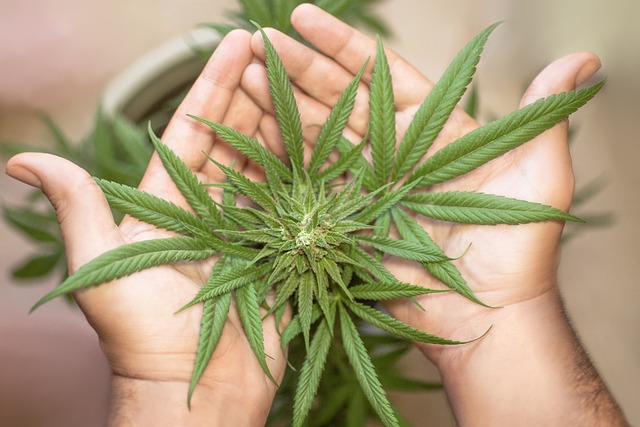
Understanding THCA flower begins with recognizing its legal status in Georgia. As of the knowledge cutoff date, Delta-9 THC, the psychoactive component of cannabis, remains illegal under Georgia state law, except for specific medical conditions. However, hemp-derived compounds like THCA are within the boundaries of legality when they contain less than 0.3% Delta-9 THC on a dry weight basis, as per the 2018 Farm Bill and subsequent state legislation. THCA, or Tetrahydrocannabinolic Acid, is the raw form of THC and is non-psychoactive. It’s garnering attention for its potential wellness benefits, which many users believe are preserved when properly processed and consumed. For Georgia residents interested in exploring THCA flowers, it’s crucial to source these products from reputable suppliers that provide third-party lab test results to ensure compliance with state and federal laws.
For those in Georgia considering the addition of THCA flowers to their wellness routine, it’s important to understand the nuances of product selection and usage. These flowers can be consumed through various methods, including smoking, vaporizing, or incorporating them into edibles. The effects of THCA are distinct from those of its decarboxylated form, Delta-9 THC; users often report a clear-headed high with uplifting and energizing qualities. As with any wellness product, it’s recommended to start with a low dose and observe how one’s body responds before adjusting the dosage. Georgia residents interested in THCA flowers should also stay informed about evolving regulations, as state and federal laws can change over time.
The Legal Landscape of THCA in Georgia
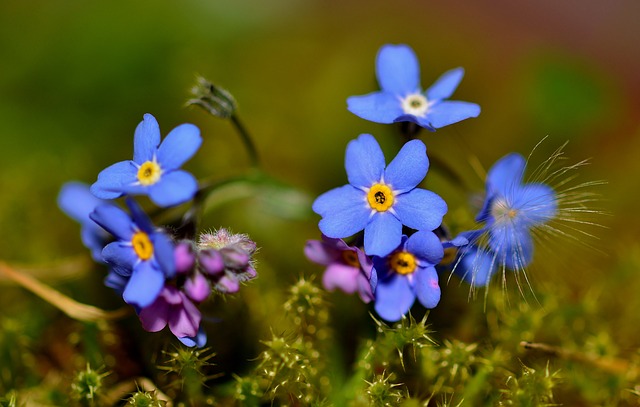
In recent years, there has been a significant shift in the legal landscape surrounding cannabis-related compounds, including Tetrahydrocannabinolic Acid (THCA). As of the latest updates, possession and use of THCA flower are legally permissible in Georgia under certain conditions. The Georgia State Legislature passed Senate Bill 326 in 2015, which allows for the legal use of low THC oil for therapeutic purposes for qualifying patients with certain medical conditions. This legislative action represents a pivotal moment in the state’s approach to cannabis-derived compounds, setting a foundation for further exploration and potential expansion of THCA legality within the state’s boundaries.
However, it is crucial for individuals interested in engaging with THCA to be aware of the specific laws and regulations governing its use. While low THC oil is legal for medical purposes under a doctor’s recommendation and registration with the Georgia Department of Public Health, the cultivation, possession, and sale of any cannabis plant or derivative, including THCA flower, remain restricted to state-sanctioned facilities. This means that while patients have legal access to THCA through the medical oil program, recreational use and commercial cultivation and distribution are not sanctioned by Georgia law. Navigating the legal status of THCA in Georgia requires a clear understanding of these distinctions to remain compliant with state regulations.
Sourcing High-Quality THCA Flower Legally in Georgia
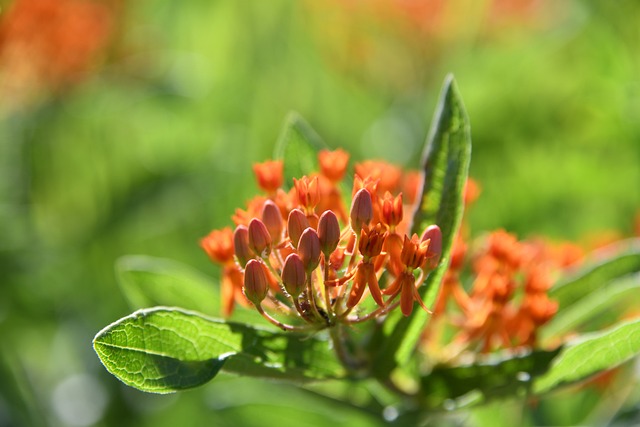
In the pursuit of high-quality THCA flower, individuals in Georgia have a variety of legal avenues to explore. It’s crucial to understand the state’s regulations regarding hemp and cannabinoids to source THCA legally. As of my knowledge cutoff in 2023, the Georgia House of Representatives passed a bill allowing for the cultivation of hemp, which contains less than 0.3% THC on a dry weight basis, opening up opportunities for legal sourcing of THCA flower. The state’s hemp program is regulated by the Georgia Department of Agriculture, ensuring that all hemp products, including THCA flower, meet stringent quality and purity standards. When looking to purchase THCA flower in Georgia, it’s advisable to seek out reputable dispensaries or cultivators who provide third-party lab test results verifying the THC content and cannabinoid profile. This due diligence not only ensures compliance with state laws but also guarantees a safe and effective product experience. With the evolving legal landscape, it’s imperative to stay informed about changes in legislation that may affect access to THCA products in Georgia. Always prioritize suppliers who adhere to state guidelines and offer transparent sourcing practices for a legally compliant and satisfying THCA flower experience.
Cultivating Your Own THCA Flowers in Georgia: A Step-by-Step Approach
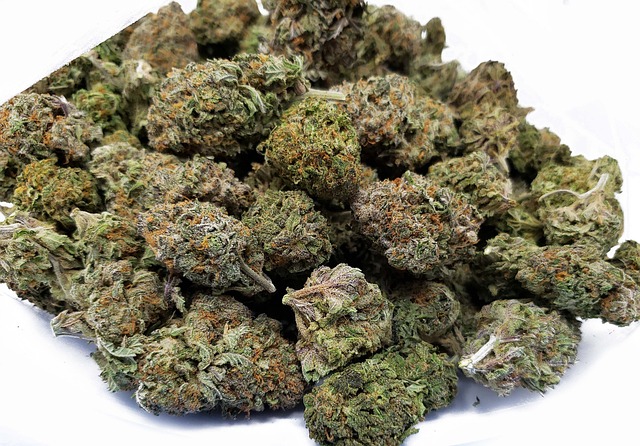
In Georgia, where the cultivation of THCA-rich flowers has been legally sanctioned under certain conditions, enthusiasts and gardeners have a unique opportunity to grow their own THCA flowers. The legality of growing THCA-rich plants is contingent upon adhering to the state’s regulations regarding cannabis cultivation, which means understanding the distinctions between THC-rich and non-psychoactive THCA-rich strains. To begin cultivating THCA flowers in Georgia, one must first obtain a state-issued license or registration if required, ensuring compliance with local, state, and federal laws.
Once you have navigated the legal landscape, the actual process of growing THCA flowers can be approached in several steps. Firstly, select a strain that is known to produce high levels of THCA when cured properly. Ensure your garden or indoor setup offers ample space for the plants to flourish without overcrowding. Next, prepare the soil with appropriate nutrients and maintain optimal conditions for growth: consistent temperature, humidity levels, and adequate light exposure are key. Monitor your plants closely for signs of pests or diseases, employing organic pest control methods where necessary. Harvest your flowers when they reach the desired maturity, and then proceed to the curing process to convert THC to THCA. This involves drying the flowers in a well-ventilated, dark, and cool environment, followed by a proper curing period that typically lasts six weeks, allowing the THCA crystals to form and preserve the plant’s natural medicinal properties. By following these steps diligently, you can successfully cultivate your own THCA flowers in Georgia, ensuring a legal and rewarding gardening experience.
The Benefits and Effects of THCA Flower for Wellbeing
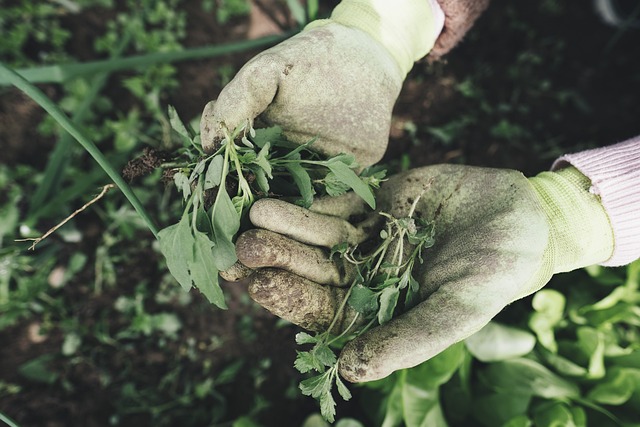
2023 has seen a shift in perspectives regarding cannabinoids and their potential wellbeing benefits, with THCA (Tetrahydrocannabinolic Acid) gaining particular attention. As THCA is legal in Georgia under certain conditions, enthusiasts and researchers alike are exploring its properties. Unlike its psychoactive counterpart THC, THCA is non-psychoactive, offering a range of potential wellbeing effects without the traditional “high.” Studies suggest that THCA may provide anti-inflammatory, neuroprotective, and analgesic properties, making it a subject of interest for those seeking alternatives to conventional medications. Preliminary research indicates that THCA could contribute to maintaining overall health by potentially alleviating symptoms associated with various conditions, including chronic pain, inflammation, and neurodegenerative diseases. Its anti-inflammatory effects are particularly noteworthy, as they may offer relief for individuals experiencing pain without the mind-altering side effects of THC. Furthermore, THCA’s potential role in promoting brain health is an area of burgeoning interest, with some findings pointing towards its ability to protect neurons and reduce neurotoxicity. As regulations evolve, the exploration of THCA’s benefits and effects for wellbeing continues to expand, offering promising avenues for natural health support, especially within the context of Georgia’s evolving legal landscape regarding cannabinoids.
Georgia residents interested in exploring the potential benefits and effects of THCA flower now have a comprehensive understanding of this cannabinoid, thanks to the detailed insights provided throughout this article. From grasping what THCA is to learning about its legal status in Georgia, sourcing high-quality products, cultivating your own plants, and recognizing the wellbeing advantages, this guide equips readers with valuable knowledge. As noted, it’s crucial to stay informed on the evolving legal landscape of THCA in Georgia to ensure compliance with state laws. For those seeking to legally enjoy the potential benefits of THCA flower, understanding where and how to source it responsibly is paramount. Whether through purchasing or home cultivation, the information presented here serves as a foundational resource for anyone looking to safely integrate THCA flower into their wellness routine.
